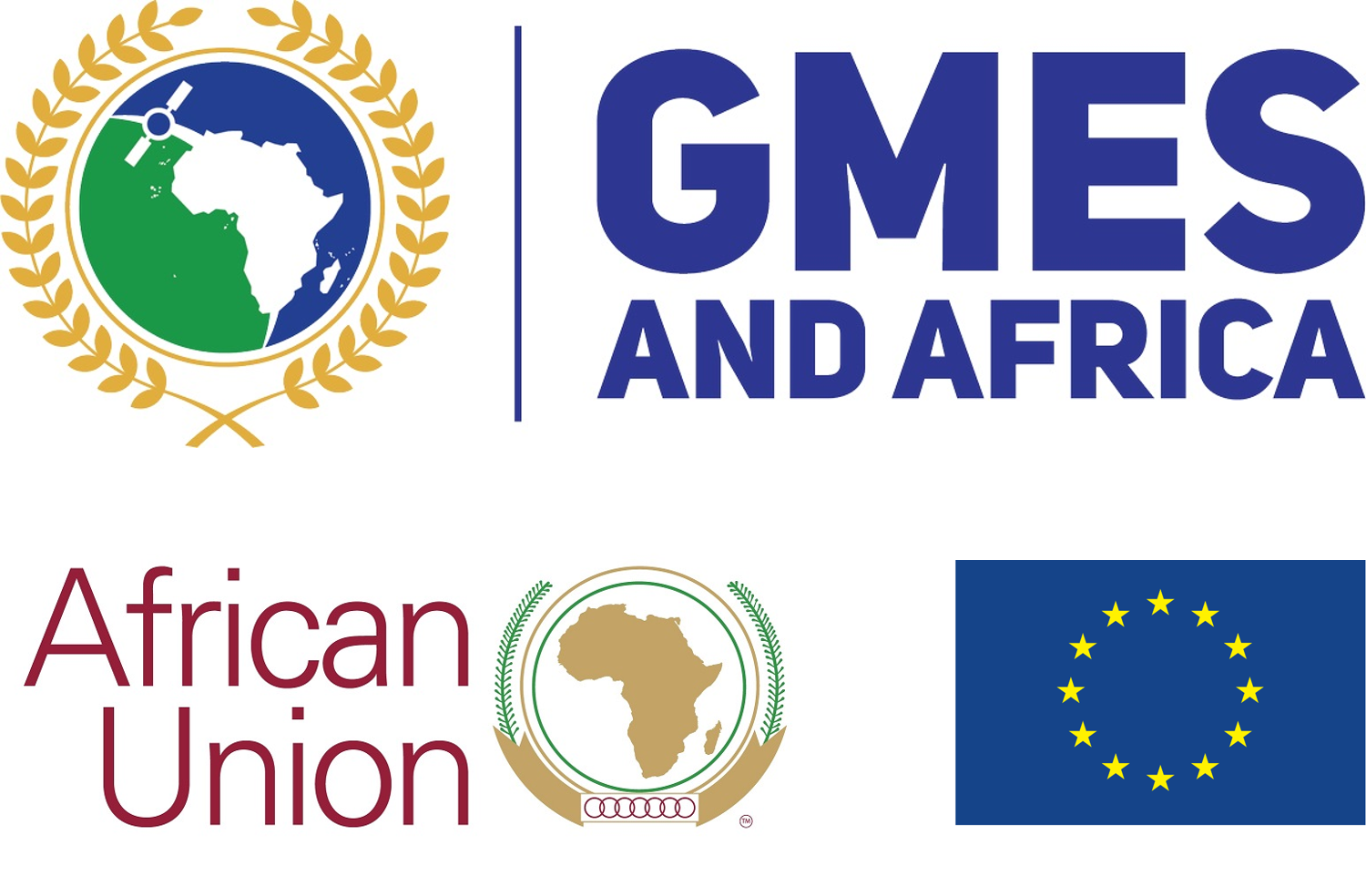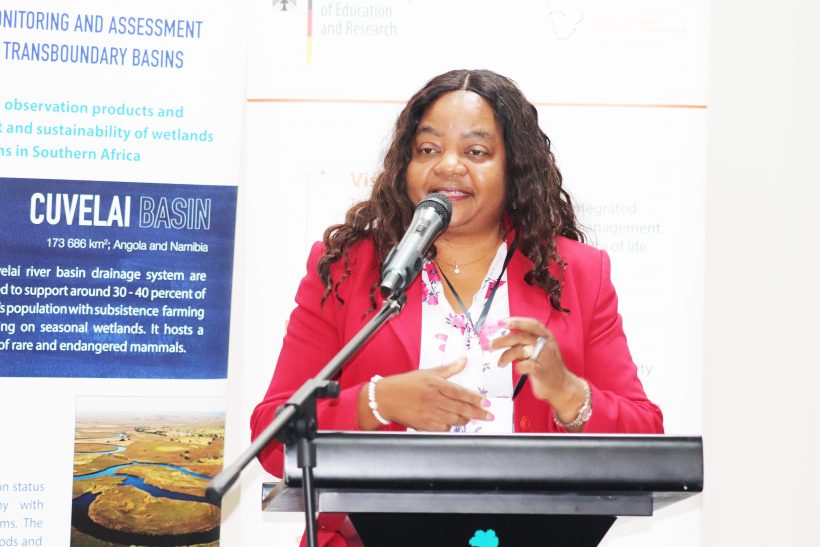Gaborone, Botswana – In a major step toward strengthening southern Africa’s climate resilience and meteorological capabilities, the Southern African Science Service Centre for Climate Change and Adaptive Land Management (SASSCAL) officially handed over 15 state-of-the-art Automatic Weather Stations (AWS) to the Government of Botswana at the Royal Arial, Gaborene, Botswana. The handover ceremony was held in Gaborone and was attended by government officials, diplomats, scientists, and climate experts.
Delivering the keynote speech at the event, SASSCAL Executive Director Prof. Nelago Indongo hailed the moment as a “historic milestone” that marks Botswana’s increasing capacity to tackle the adverse effects of climate change through science and data-driven decision-making.
“The weather stations we are handing over today are more than just infrastructure,” Prof. Indongo said.
“They are a strategic investment in the future of Botswana’s agriculture, aviation, research, water management, and disaster response sectors. They will provide accurate, real-time data critical for both national planning and regional cooperation.”
A Milestone in Regional Climate Science Collaboration
The weather stations are part of the SASSCAL’s Weather Net (WeNET) Project, funded by the German Federal Ministry of Research, Technology and Space (BMFTR). With a total investment of €2.9 million, the WeNET initiative is enhancing meteorological infrastructure across Southern Africa, including in Angola, Namibia, Zambia, and Botswana.
In Botswana alone, the project has restored nine existing AWS and installed six new ones, bringing the national total to fifteen stations, all delivered under a robust maintenance warranty.
Prof. Indongo emphasized that this effort builds on the success of SASSCAL 1.0, which established the initial WeatherNet system, and is being expanded under SASSCAL 2.0 to ensure sustainable management of climate data networks across member states.
Building Local Capacity
A critical component of the WeNET project has been capacity building. In collaboration with Central Technical Supplies (CTS), the project’s main contractor local meteorological personnel have been trained in AWS installation, maintenance, and calibration.
“This ensures that we not only deliver the hardware, but also empower local experts to keep these systems operational and impactful for years to come,” Prof. Indongo noted.
She further highlighted that the stations will produce vital data not only for policymakers but also for researchers, educators, and students, thereby nurturing the next generation of climate scientists in the region.
A Strategic Response to the Climate Crisis
Referring to the 2024 Intergovernmental Panel on Climate Change (IPCC) report, which labeled the current impacts of climate change as “catastrophic,” Prof. Indongo stressed the urgency of having consistent, long-term climate data.
“In this era of accelerating climate change, these stations are indispensable. Through WeNET, SASSCAL is delivering near real-time data that will significantly enhance our capacity to respond to climate threats, protect livelihoods, and promote sustainability,” she said.
Beyond Weather: Supporting Wetlands and Transboundary Resource Management
In addition to the handover ceremony, Prof. Indongo announced the commencement of WeMAST Phase 2 StakeholdersTraining in Botswana, a three-day workshop focused on the use of geoportals and data tools designed to support wetland monitoring in the Zambezi, Cuvelai, Okavango, and Limpopo River basins.
“This is another testament to our commitment to empower stakeholders with the tools and knowledge needed to sustainably manage our region’s most vital ecosystems,” she added.
A Partnership-Driven Future
Prof. Indongo praised the Government of Botswana for its unwavering support of SASSCAL’s mission and vision, describing the nation as a committed partner in the fight against climate change.
“Today’s event is not just about equipment it is about building systems, forging partnerships, and preparing our nations to respond with resilience, adaptation, and hope,” she concluded.
She also extended deep gratitude to the German Federal Ministry of Research, Technology and Space, whose financial and technical support continues to fuel SASSCAL’s regional impact.




Leave a Reply